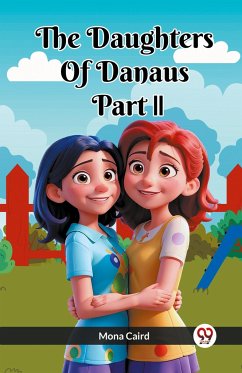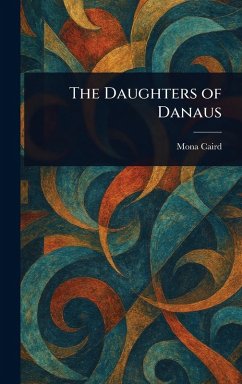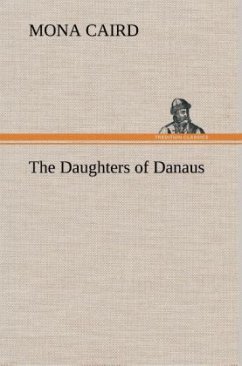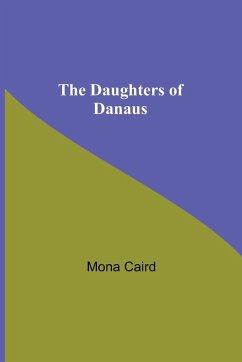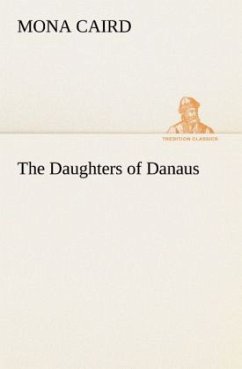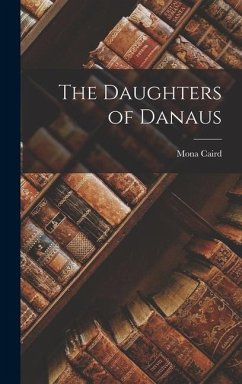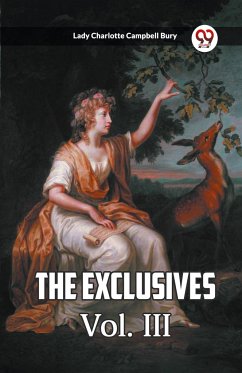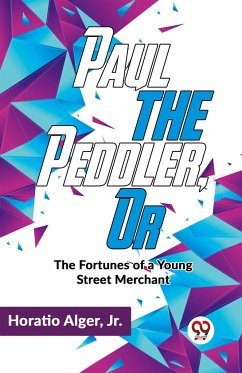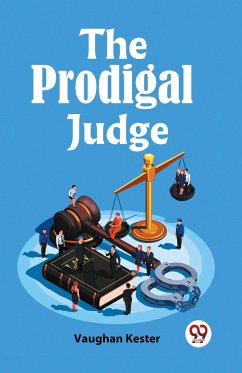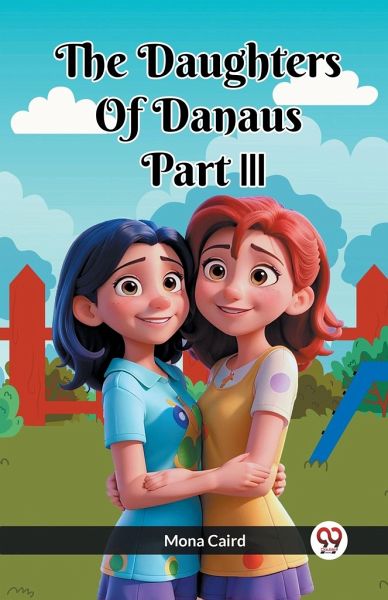
The Daughters Of Danaus Part III

PAYBACK Punkte
0 °P sammeln!
"The Daughters of Danaus Part III" by Mona Caird delves on the issues that women encounter in a world bound by traditional gender stereotypes. Part III of the narrative introduces the reader to the Mandeville sisters, Lucy, Adeline, and Alethea. The story goes into the complex dynamics of marriage and the expectations placed on women in the late 1800s. As the sisters navigate their various marriages, they are confronted with the oppressive norms of femininity and the restricted options accessible to them. Adeline, in particular, feels the oppressive character of her union, emphasizing the uneq...
"The Daughters of Danaus Part III" by Mona Caird delves on the issues that women encounter in a world bound by traditional gender stereotypes. Part III of the narrative introduces the reader to the Mandeville sisters, Lucy, Adeline, and Alethea. The story goes into the complex dynamics of marriage and the expectations placed on women in the late 1800s. As the sisters navigate their various marriages, they are confronted with the oppressive norms of femininity and the restricted options accessible to them. Adeline, in particular, feels the oppressive character of her union, emphasizing the unequal power dynamics in marital partnerships at the period. Caird successfully challenges societal standards that constrain women to restrictive roles, examining the impact on their individuality and well-being. Mona Caird, a well-known feminist writer of the late nineteenth and early twentieth century, questions traditional ideas about women's responsibilities in society in her novel. "The Daughters of Danaus" is a thought-provoking investigation of the constraints placed on women in a patriarchal culture, delivering a devastating critique of societal expectations while calling for greater autonomy and agency for women.





